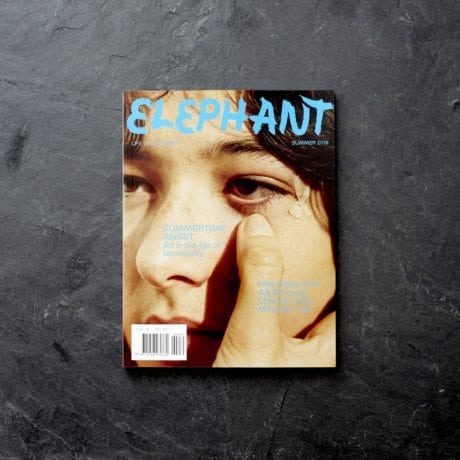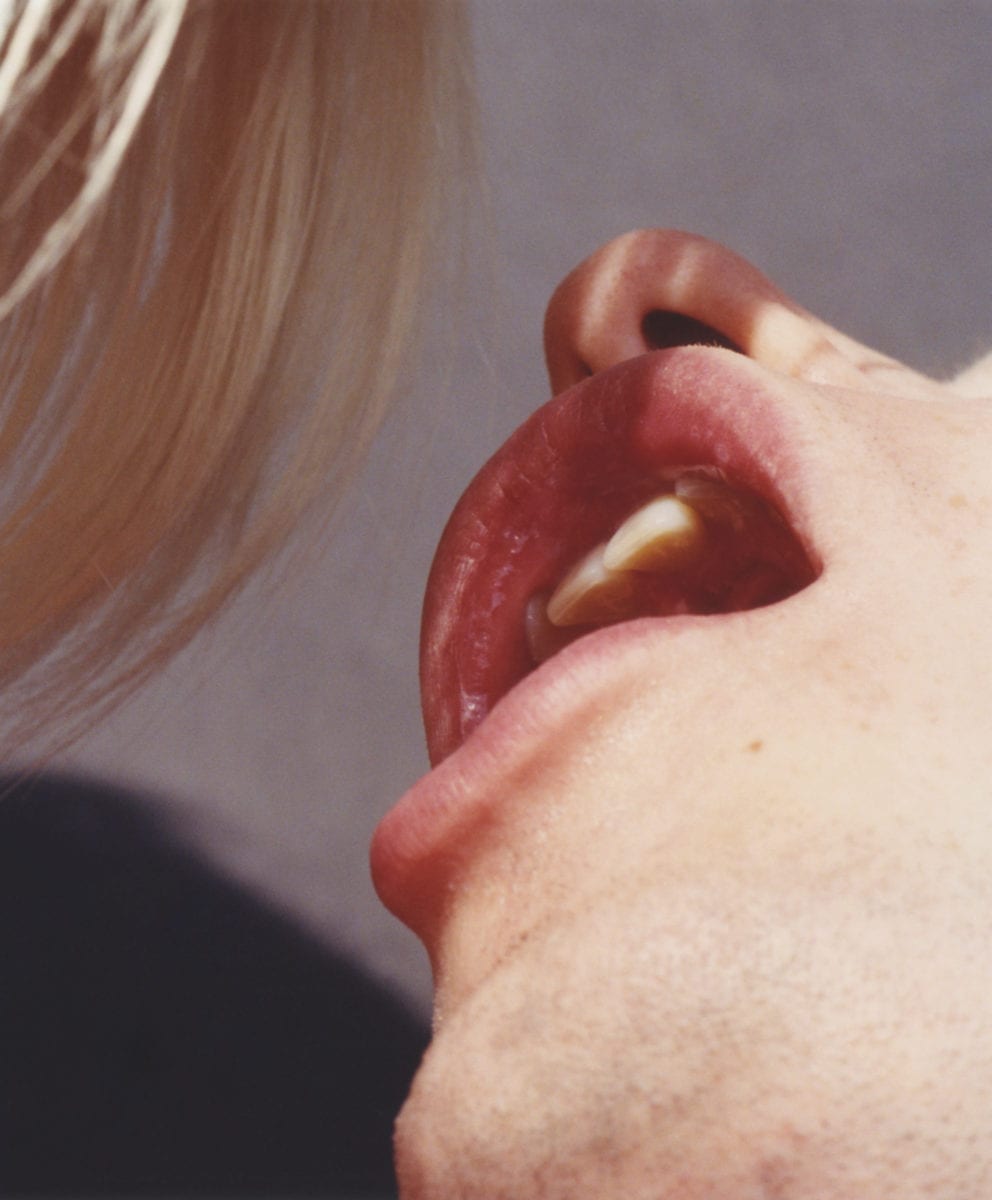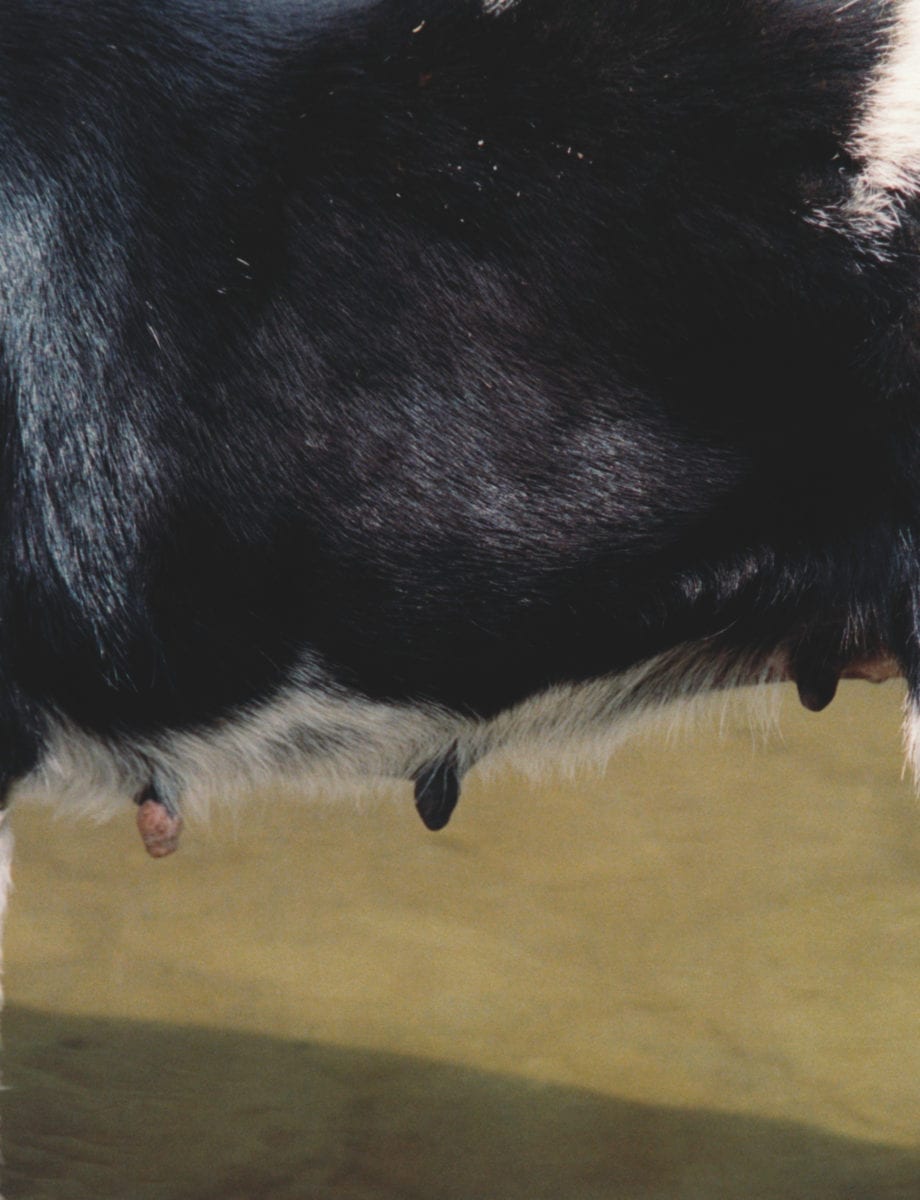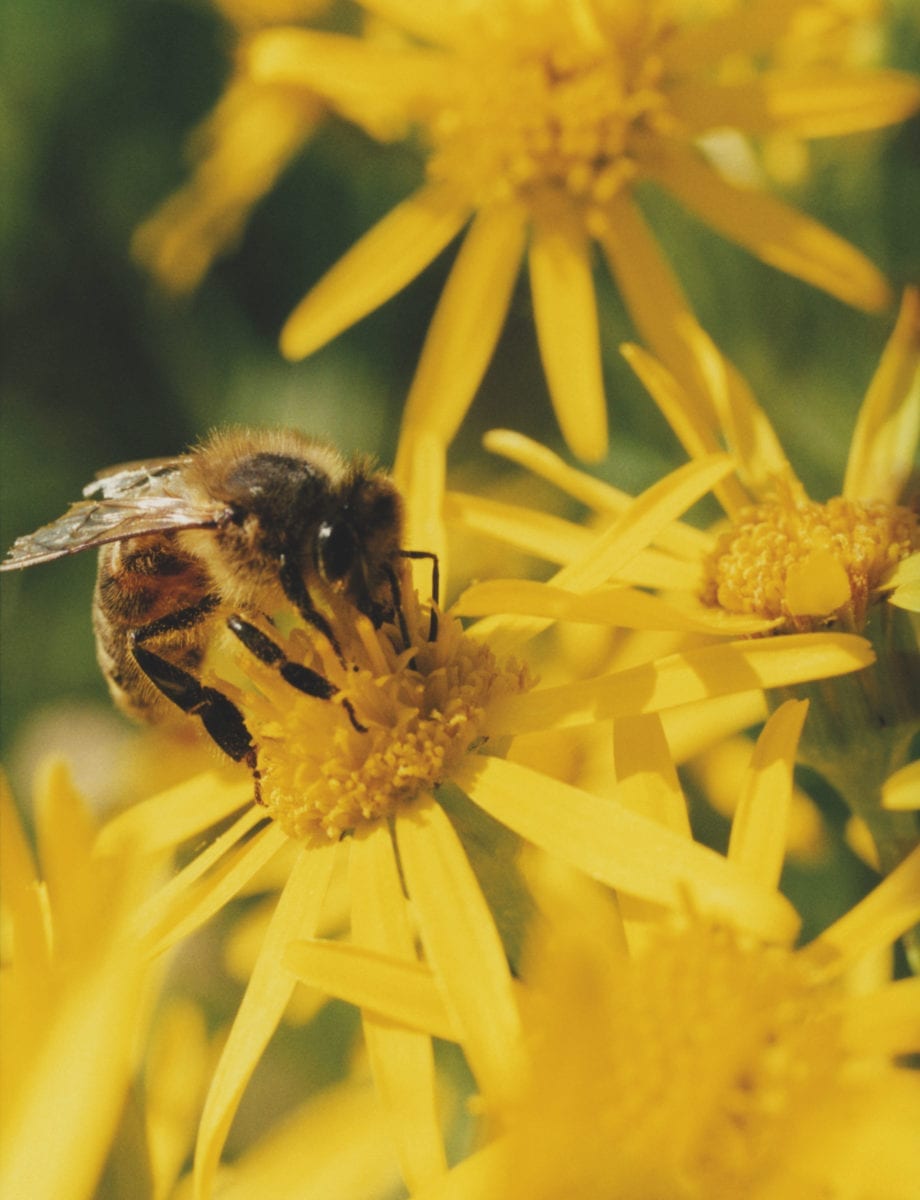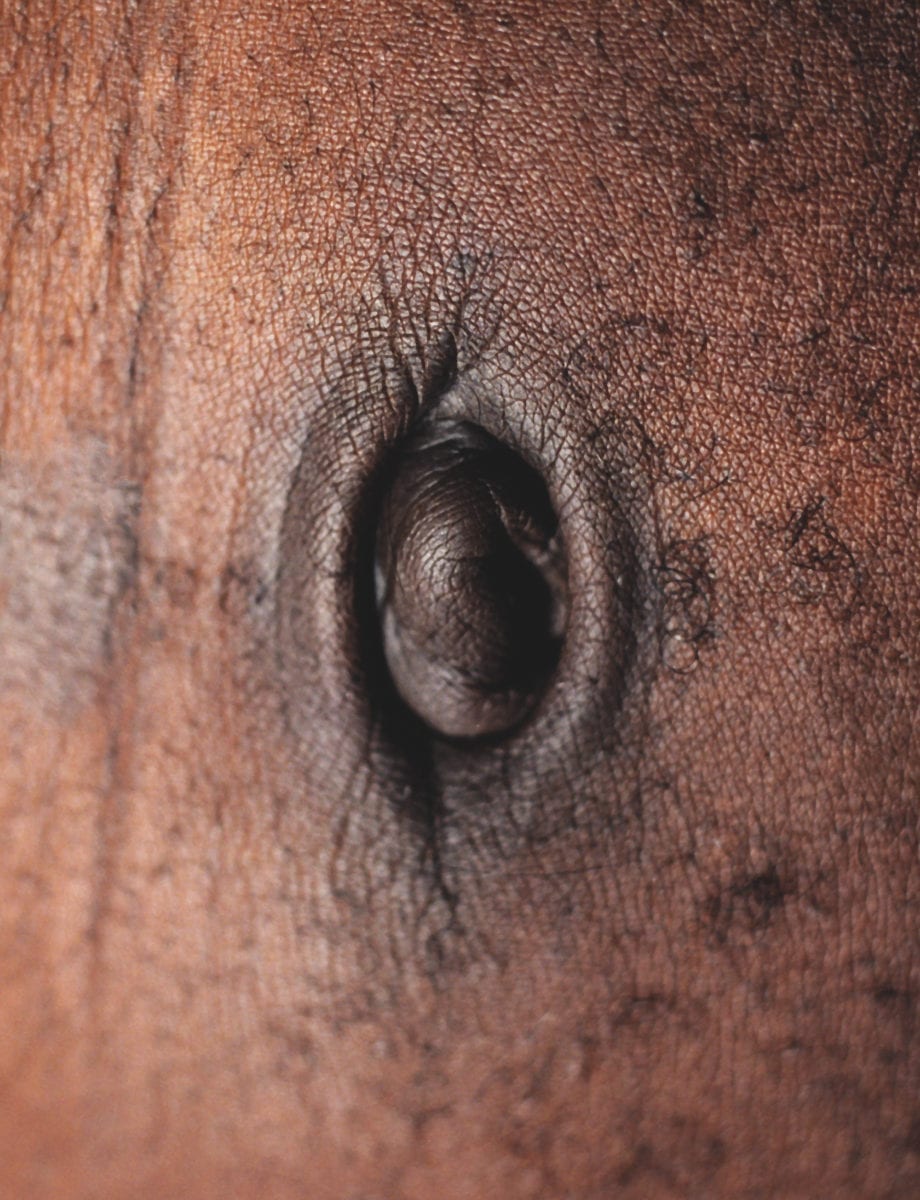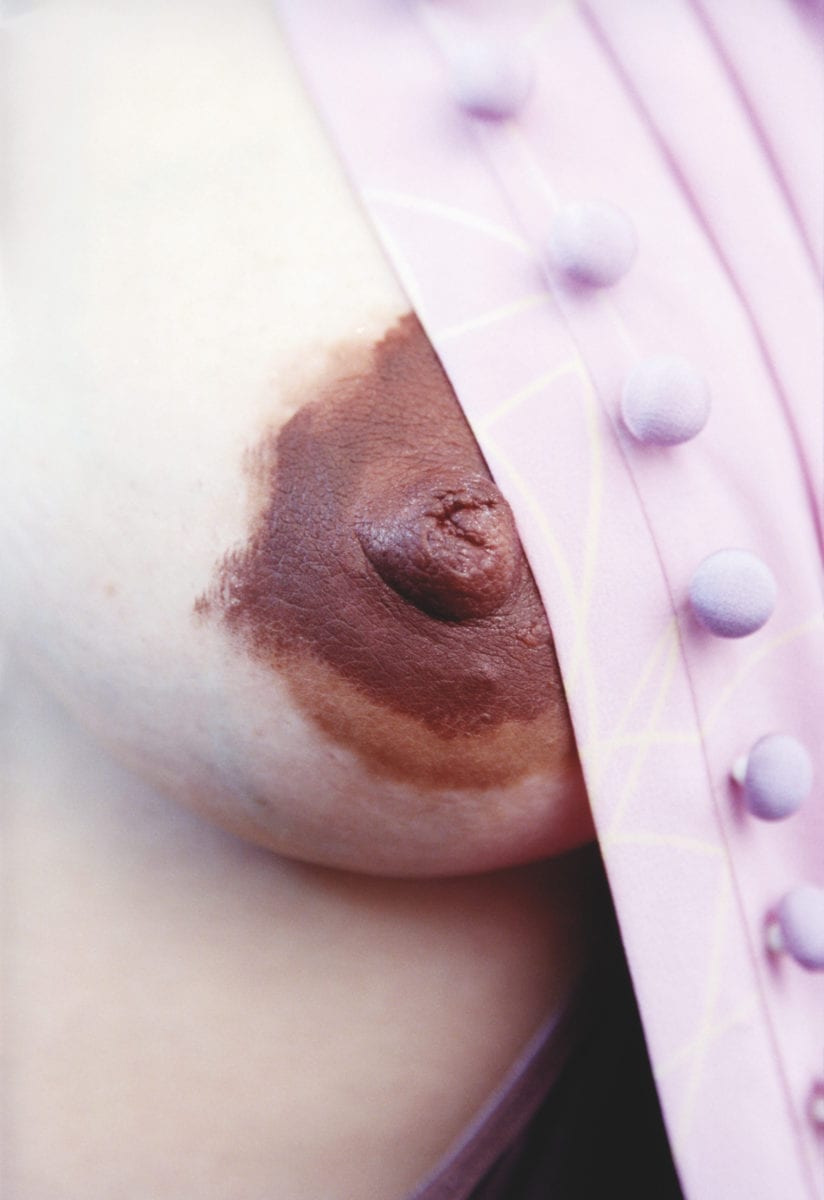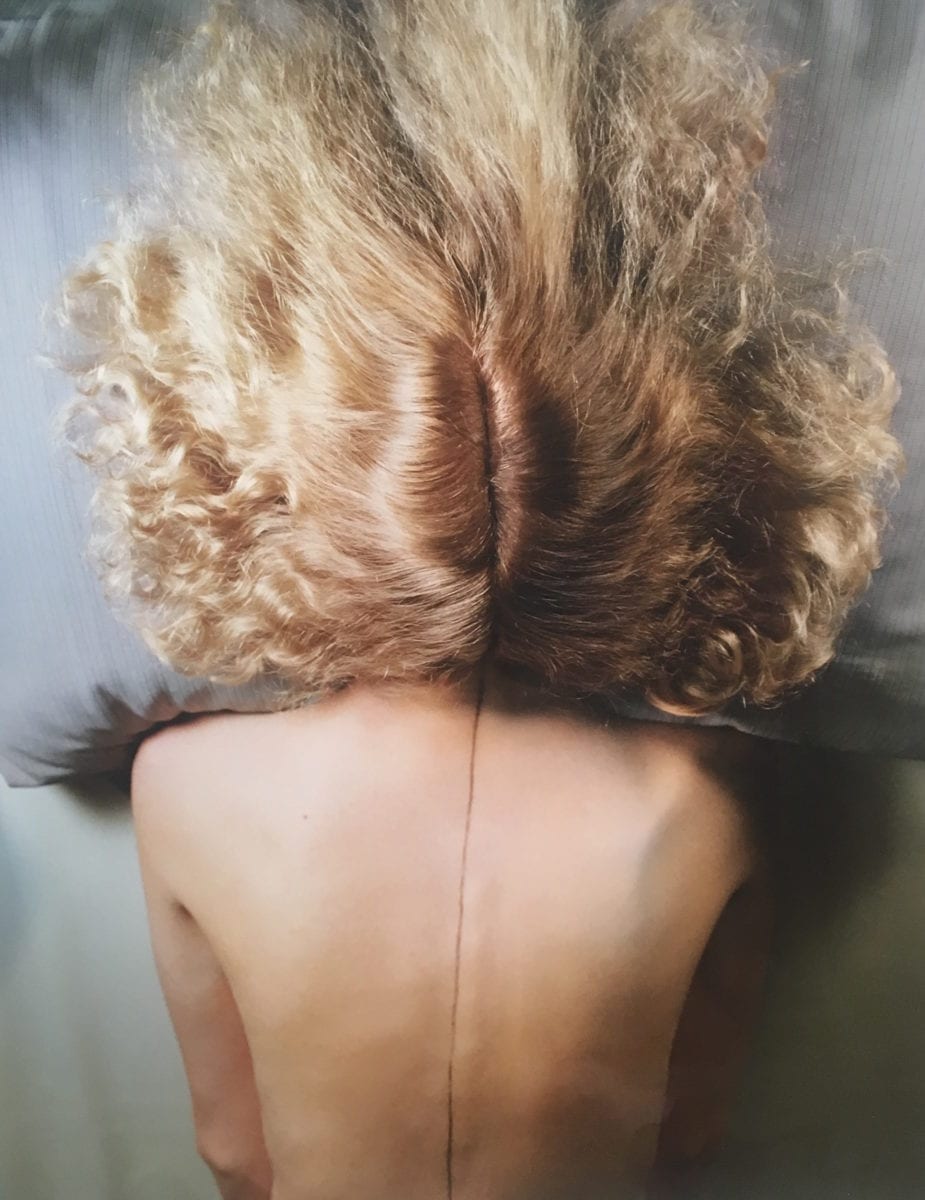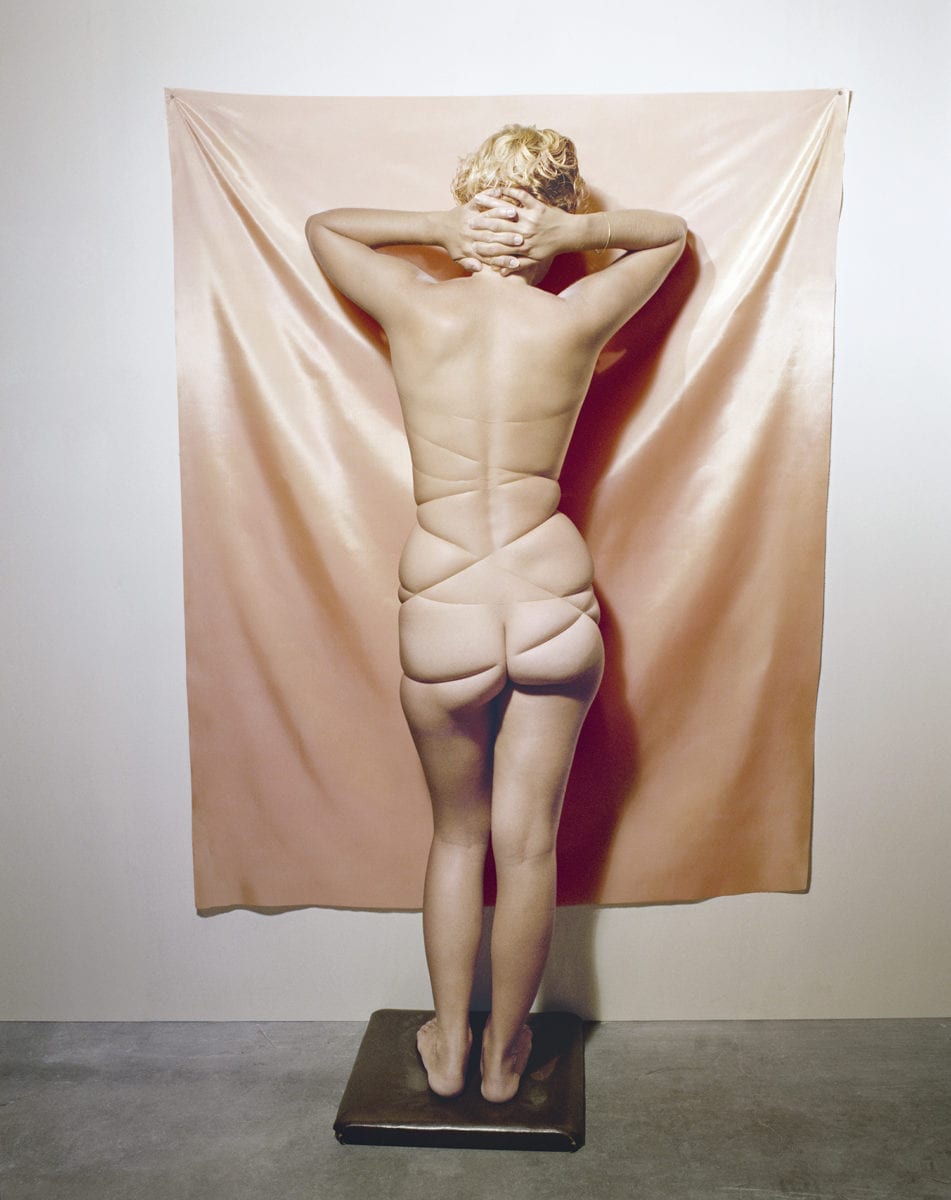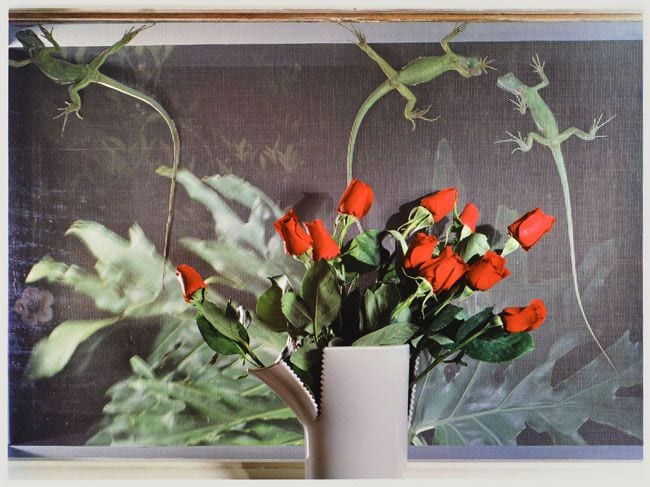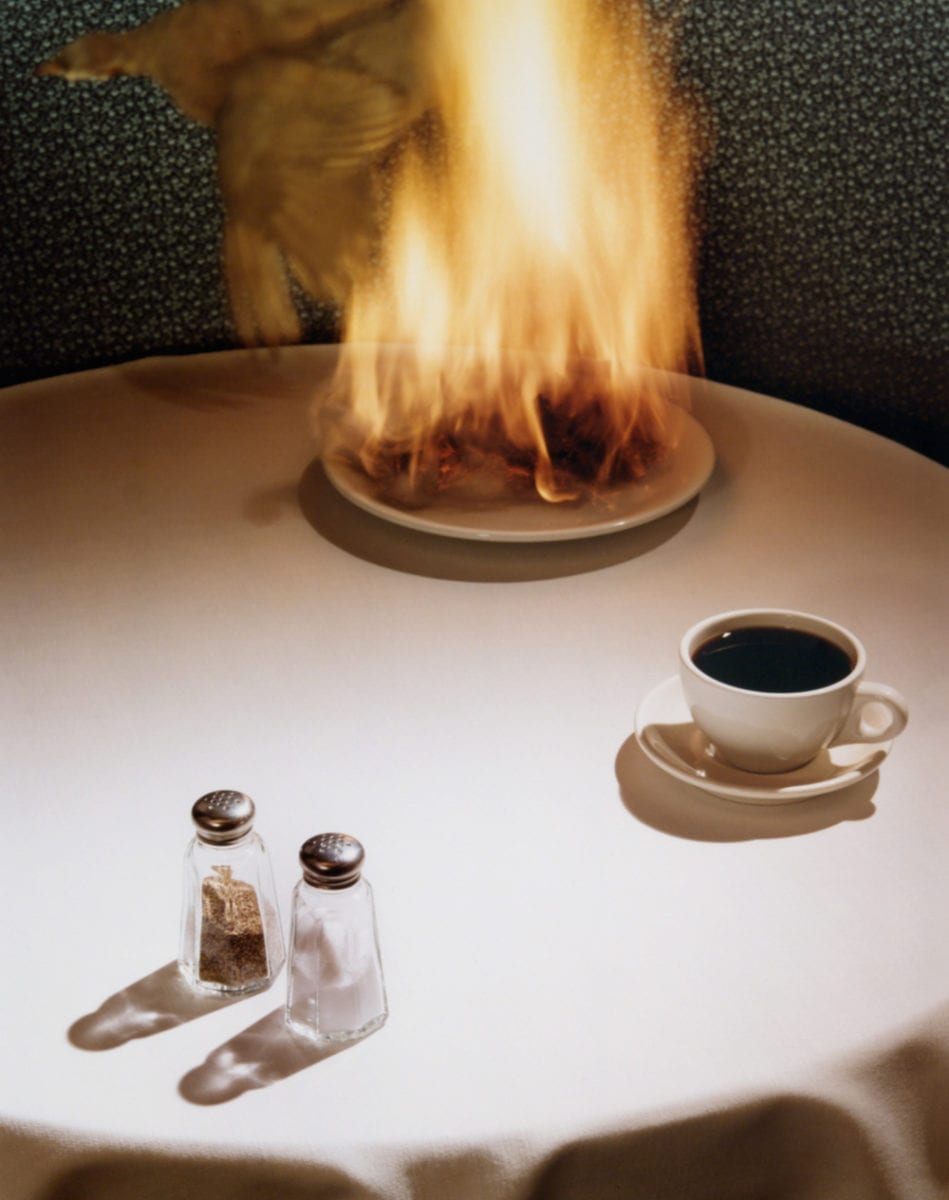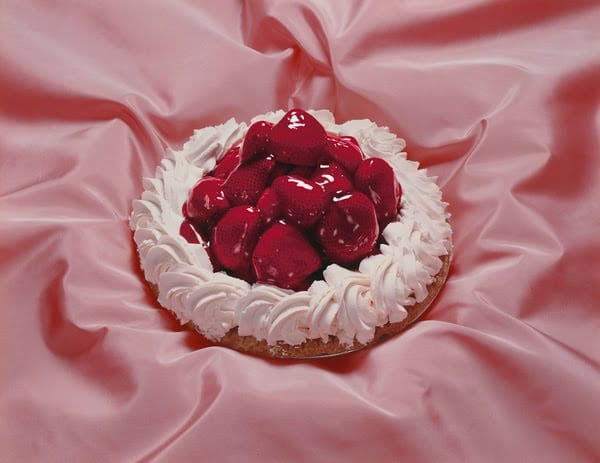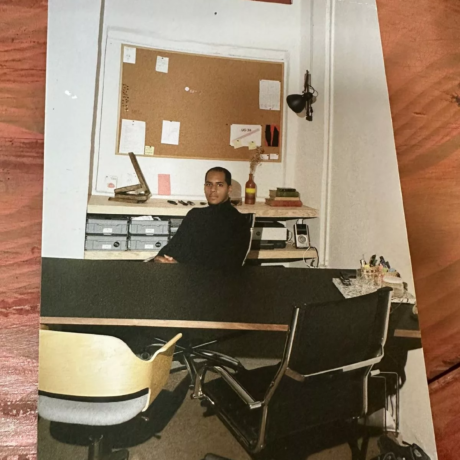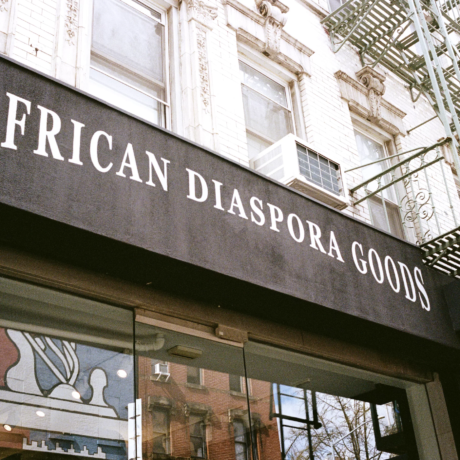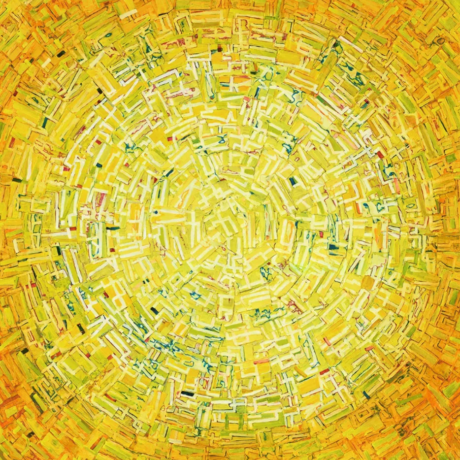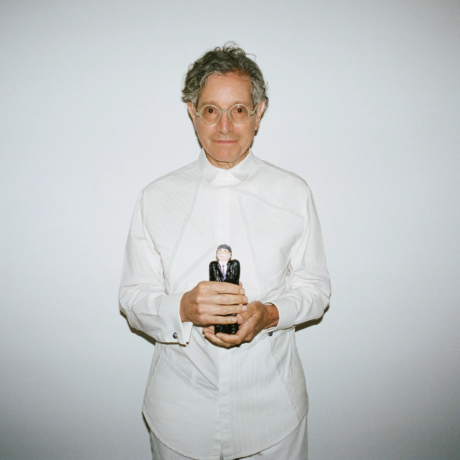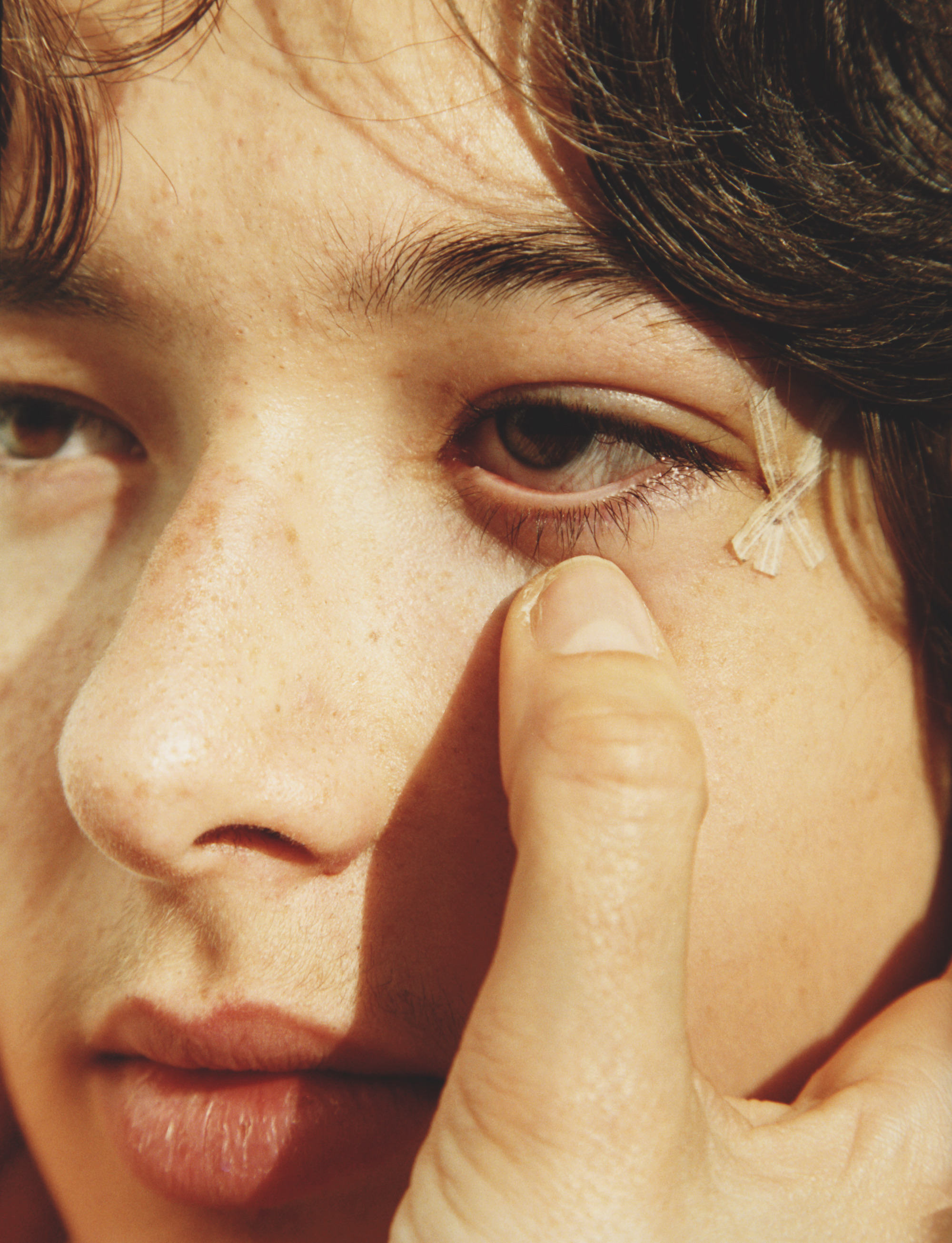
There is something so familiar about the human form and yet, viewed close-up, it is easy to become lost in the intimate terrain of its creases, hairs, blotches and spots. The abstraction of the body can be liberating, offering a different way of seeing ourselves and others. This is particularly significant for the female body, which is so often co-opted as a site for the projected desires and demands of a hyper-sexualized society.
Harley Weir (born in 1988) and Jo Ann Callis (born in 1940) are two photographers who enact this abstraction, and in doing so reclaim the autonomy of the female form. Weir’s work is characterized by an eye for the personal, the awkward and the intimate, and a sensitivity to the nuances of sexuality. The contrasting emotions of desire and disgust run through her practice, and her images frequently invite both responses.
Jo Ann Callis takes her investigation of the human body in equally unsettling directions. Unlike Weir, her scenes are carefully staged in a studio, and their eroticism is implied through visual cues, from a delectable cream cake set on pink satin to the parted hair of a woman seen from behind. Many of her images were taken in the mid-1970s, and her work was resurfaced in a 2014 book and exhibition. They remain remarkably contemporary, as provocative as they are enigmatic, and reveal the psychological unease that underpins our relationship to the human body.
This feature originally appeared in issue 35
BUY ISSUE 35